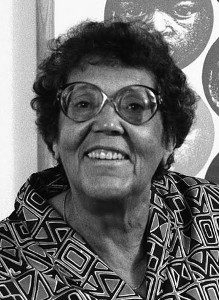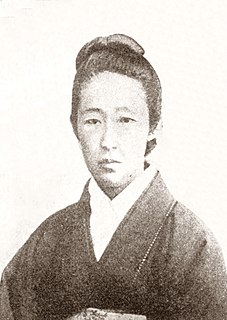A Quote by Tamlyn Tomita
The scope of the history of women is so underplayed and not told as often as it should be.
Related Quotes
We've made so much progress in the last 100 years, and I think it's easy for us to think that women in the workplace, women in politics, isn't that big of a deal. And when you step back and look at it from the scope of human history, from thousands and thousands of years - it's a radical idea for a woman to be in charge.
Women have always been the primary victims of war. Women lose their husbands, their fathers, their sons in combat. Women often have to flee from the only homes they have ever known. Women are often the refugees from conflict and sometimes, more frequently in today's warfare, victims. Women are often left with the responsibility, alone, of raising the children.
September 11 We thought we'd outdistanced history Told our children it was nowhere near; Even when history struck Columbine, It didn't happen here. We took down the maps in the classroom, And when they were safely furled, We told the young what they wanted to hear, That they were immune from a menacing world. But history isn't a folded-up map, Or an unread textbook tome; Now we know history's a fireman's child Waiting at home alone.
When I want to explain why empowering girls and women is critical to fighting poverty, I often tell a person's story. It's easier to relate to a personal story than to global data telling us that the majority of the billion people who live on less than $2 per day are women and girls. We are often told to never treat a person like a statistic.




































